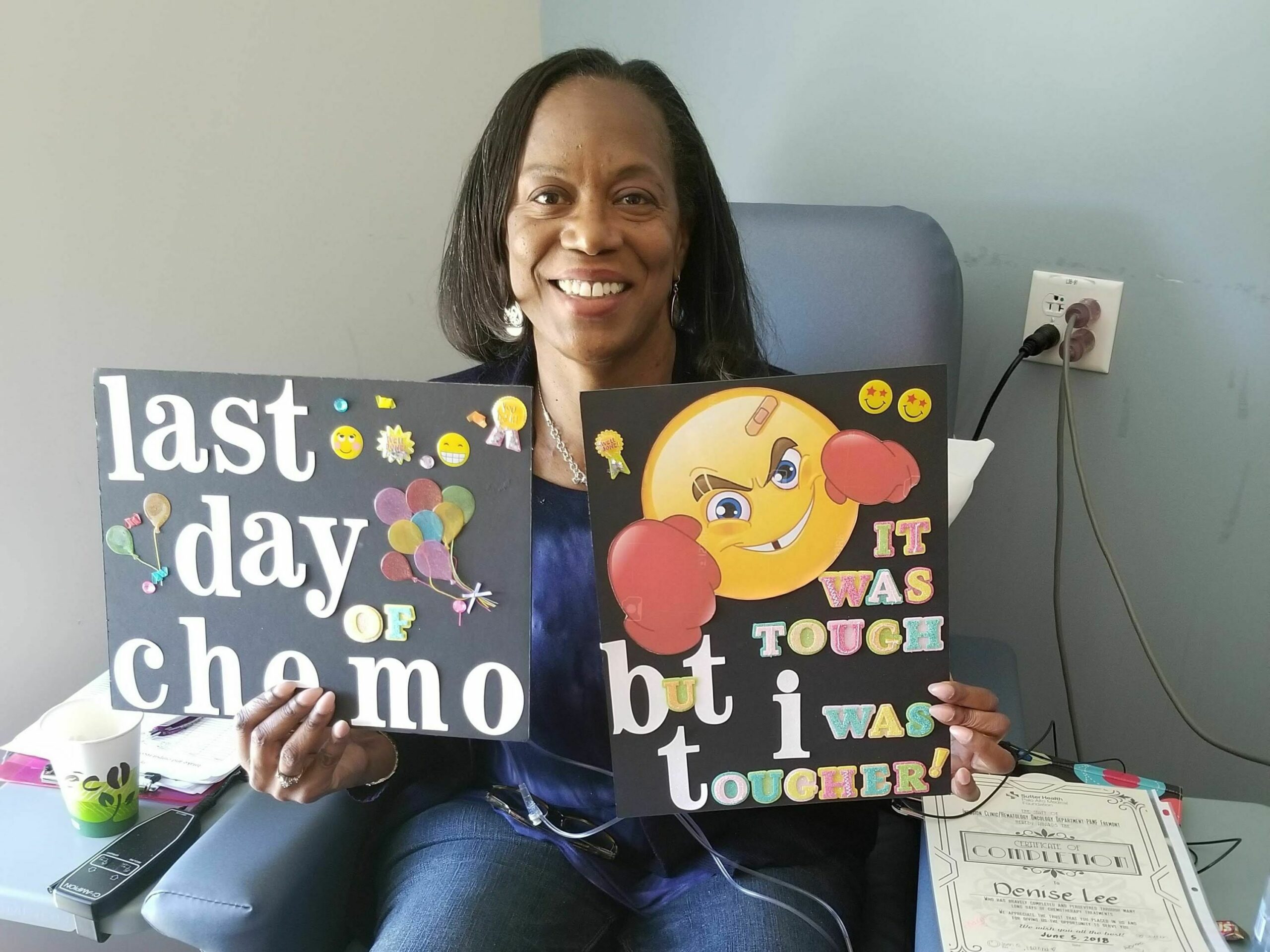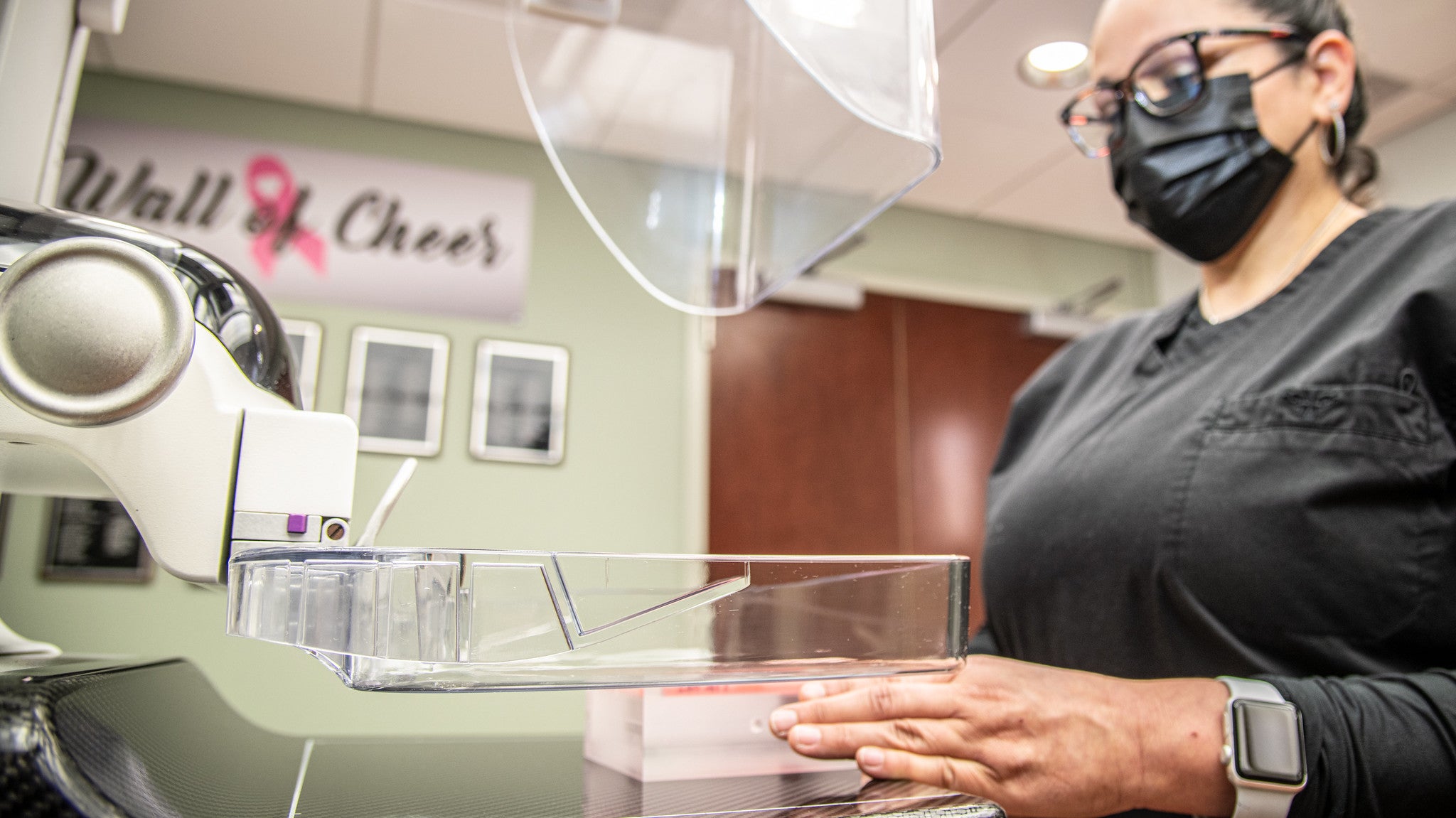One of the most common questions patients ask about cancer treatment is, “will I lose my hair?” Rob Ferrett and Cynthia Schuster find out about new technology that could help prevent hair loss during chemotherapy and radiation treatment. They’ll also talk about the future of US-Russia relations, and take your calls about your best vacation ever.
Featured in this Show
-
Cold Caps Offer Hope To Cancer Patients Concerned About Hair Loss
When cancer patients are faced with treatment options such as chemotherapy, one of the first questions on their mind is, “Will I lose my hair?”
The concern over hair loss isn’t often born out of vanity. Rather, it’s seen as an outward sign of an illness they wish to keep private. Dr. Hope Rugo, director of the breast oncology clinical trials program at the University of California-San Francisco, says a technology called “cold caps” might help parents keep their hair throughout chemotherapy treatment.
Here’s how it works: During chemotherapy, a patient wears a cap kept at a frosty temperature of about 37 to 40 degrees.
“You make [the scalp] cool, blood flow decreases, and metabolism decreases,” Rugo says. “By doing both of those things, you can potentially prevent the chemotherapy damage to hair follicles, which is an unintended and not valuable side effect from chemotherapy.”
Rugo says cold caps could save as much as fifty percent of a patient’s hair. The success rate often depends on the type of chemotherapy a person is undergoing, how much hair loss they’ve experienced already, and how well the cold cap fits on the scalp.
But Rugo says cold caps aren’t meant for everybody. “We don’t use scalp cooling for some kinds of cancers that are everywhere at once, like leukemia, for example.” For these patients, Rugo says scalp cooling might lead to adverse effects such as metastases in the skull.
Though cold caps have been around a while, they still need to pass a few clinical trials before earning approval from the Food and Drug Administration. In the meantime, Rugo says patients can rent a product called “Penguin Cold Caps.”
She expects to be able to present trial data on the efficacy of cold caps to the FDA in the next two to three years.
Wisconsin Public Radio, © Copyright 2024, Board of Regents of the University of Wisconsin System and Wisconsin Educational Communications Board.





